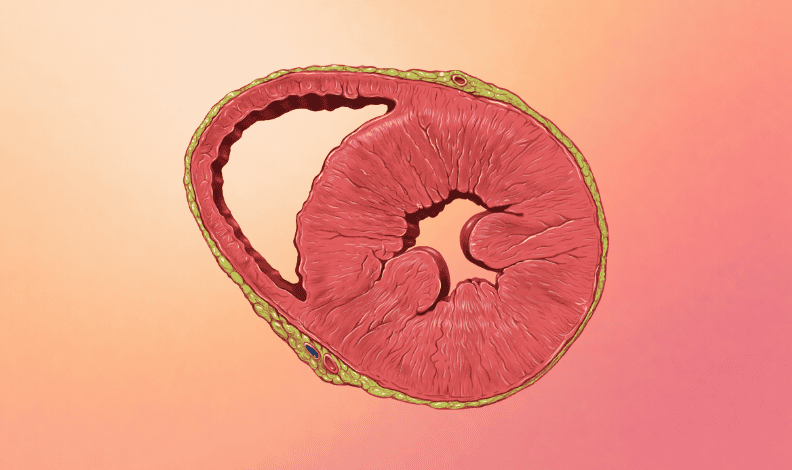Biosense Webster might be a later entry into the AFib pulsed field ablation segment, but new trial data presented at the AF Symposium suggests that the J&J subsidiary’s Varipulse PFA system could make a big impact when it does hit the market.
Final results from Biosense Webster’s inspIRE study got most of the spotlight. The study performed Varipulse PFA on 226 people with paroxysmal AFib in Canada and Europe, finding that:
- 75.6% of patients saw no atrial arrhythmia recurrence after 12 months.
- 80% who received “optimal” PFA applications were free from atrial arrhythmia recurrence after 12 months.
- Varipulse PFA procedures required just 7.8 minutes of average fluoroscopy time, which Biosense Webster partially attributed to its CARTO 3 Mapping System.
- No patients experienced a primary adverse event.
Preliminary 12-month data from Biosense Webster’s admIRE Pilot study of 20 US patients showed similar results:
- 80% remained free from atrial arrhythmia recurrence at one year.
- 100% were able to avoid future ablations.
- Average procedure and fluoroscopy times were just 90 and 3.5 minutes.
- No patients experienced procedure or device-related primary adverse events.
The Varipulse’s inspIRE and admIRE results were widely viewed as positive, while adding to the anticipation for the pivotal phase of its admIRE study, which enrolled over 400 patients and should play a huge role in the Varipulse’s FDA approval.
The Varipulse will have company if or when it does hit the market, noting that Medtronic and Boston Scientific’s PFA systems each gained FDA approval within the last few months, and Abbott has its own PFA system in clinical trials.
- Although we’re not supposed to compare different studies, the Varipulse might enjoy a perceived performance advantage considering that its 75.6%-80% recurrence-free results at 12 months are above results for Boston Scientific and Medtronic’s PFA systems (73% & 66%).
The Takeaway
It’s becoming increasingly clear that the pulsed field ablation era is now upon us, and these impressive (and geographically consistent) results suggest that the Varipulse will be a strong PFA competitor once it reaches the market.





